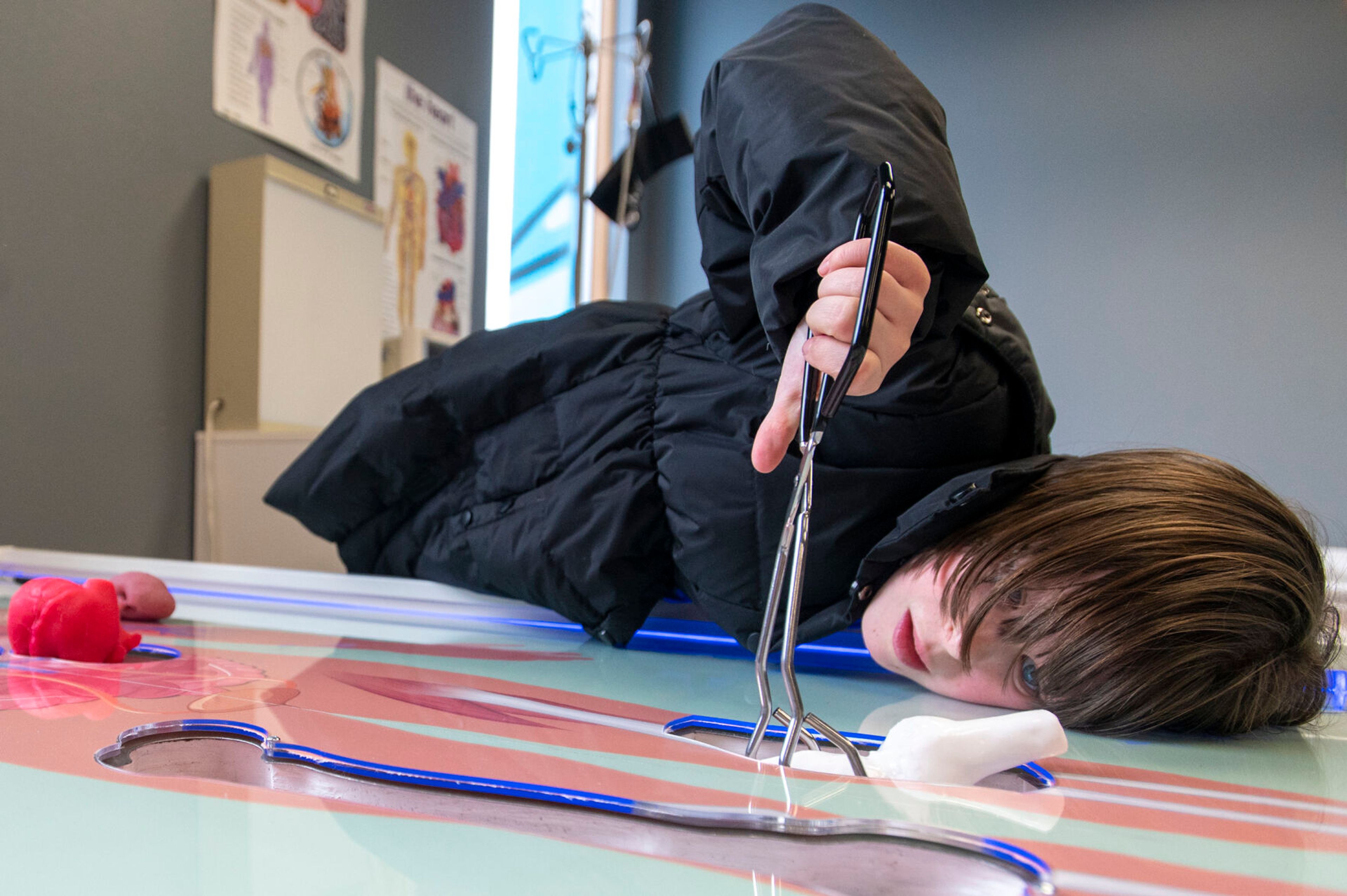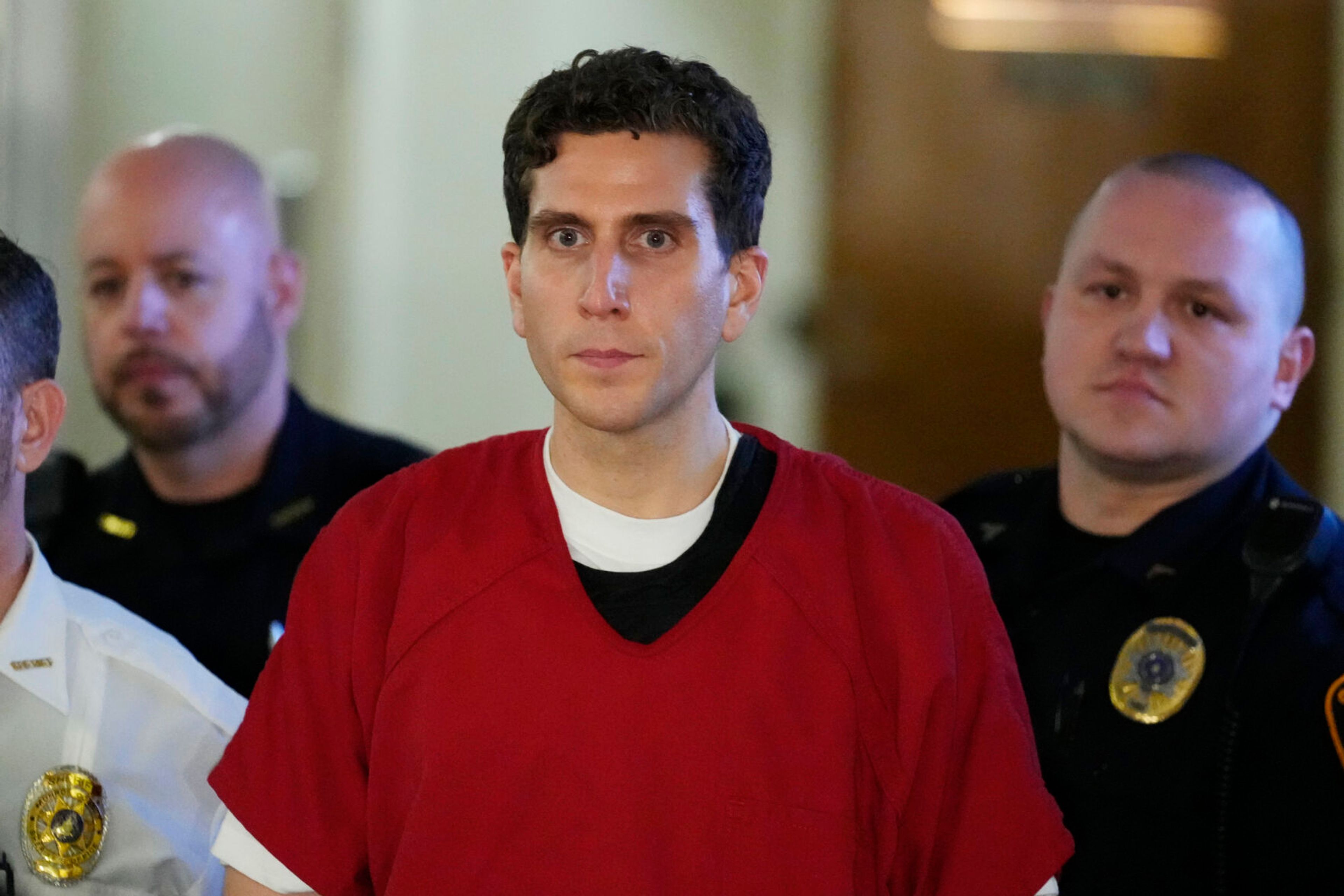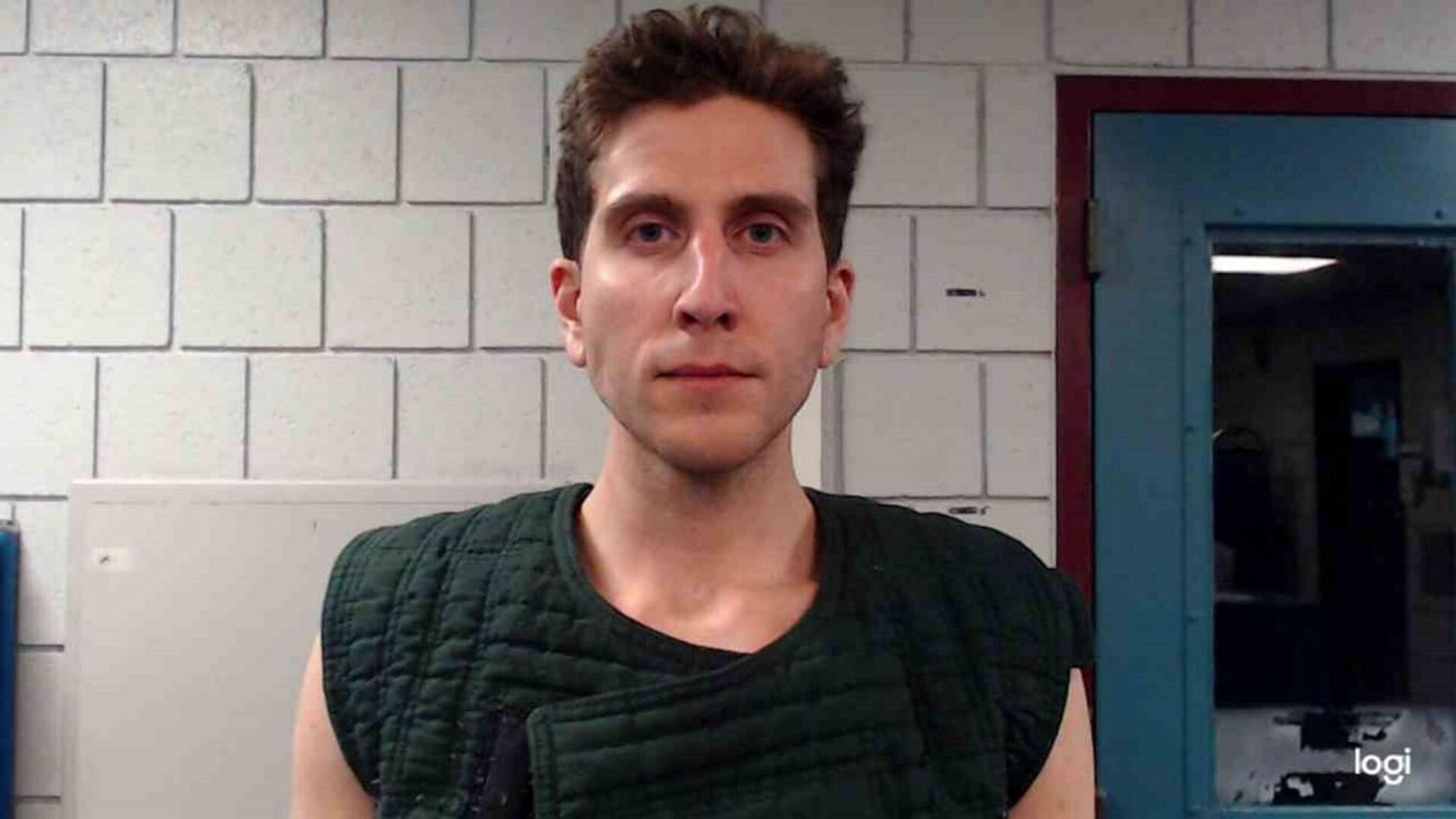Marijuana use up at the UI
New data sheds light on students' mental health issues, drug use
Students who have never used marijuana are becoming increasingly rare at the University of Idaho, as are those who have never felt overwhelmingly depressed, lonely or hopeless, according to new data from the fall 2017 National College Health Assessment.
Findings were presented at a regular meeting of the Campus Community Coalition on Wednesday afternoon in the Bruce Pitman Center.
Based on a 28.1 percent response rate, fewer UI students are saying "never" to marijuana than the national average, though the UI remains virtually consistent with national daily user rates, which sat at about 3 percent in 2017.
The rate of UI students who used marijuana in the past 30 days was just under 30 percent in 2017, nearly 10 points higher than the national average, while students who said they never used marijuana decreased from 65.5 percent in 2013 to 52.8 percent in 2017.
Sharon Fritz, a psychologist at the UI's Counseling and Testing Center, said many students who use marijuana are highly educated about the substance, and facilitators are sometimes unprepared to offer other information. In addition, several coalition
members observed, the perception of harm surrounding marijuana has decreased during the past few years.
With a legal avenue to marijuana just 2 miles away in Washington, Dean of Students Blaine Eckles said the neighboring state has become the biggest challenge in educating Idaho students about marijuana use.
In terms of other drugs, use of antidepressants has steadily increased among UI students over the years to 14.4 percent in 2017, while stimulant use saw a jump from 5.4 percent in 2013 to 9 percent in 2017.
Fritz said she has noticed an increase in students entering the UI with a diagnosis for ADHD and with access to stimulant medications.
While 9 percent of UI students indicated they had used stimulants in 2017, according to the data, just 5 percent of UI students had been diagnosed with or treated for ADHD in the previous 12 months, indicating students may be sharing their medications with peers, Fritz said.
Still, Dean Eckles said the No. 1 substance issue on campus is still alcohol.
While a majority of UI students indicated they used some safe practices while drinking alcohol (89 percent of students said they had used a designated driver in the previous 12 months), 37 percent of students said they did something they later regretted under the influence of alcohol, and 34 percent said they had forgotten where they were or what they did under the influence. Five percent seriously considered suicide under the influence and 58 percent indicated they had experienced one or more of the nine listed negative consequences.
Though national trends show a decrease in students binge-drinking at parties, the UI’s numbers have increased since 2015, with 24.3 percent of respondents indicating they had seven or more drinks the last time they partied.
Helen Brown, a clinical assistant professor of public health and nutrition, exercise science and health, said she was particularly concerned with the assessment’s data on mental health trends, which showed increasing feelings of overwhelming anxiety, anger, loneliness and sadness among UI students.
Among the highlights, more than 90 percent of respondents indicated they had felt overwhelmed by all they had to do in the past 12 months, fairly consistent with national data, while approximately 45 percent said they had felt overwhelming anger, inconsistent with national data that plateaued in 2015.
Students at the UI and on a national level increasingly said they felt “so depressed that it was difficult to function,” while those who said they never felt those feelings have steadily decreased since 2013.
Debi Dockins, a member of the Latah County Youth Advocacy Council, said she does not think the council can continue to look at alcohol and tobacco trends without looking at mental health.
The council considered several options to support students moving forward, including organizing targeted campus events as alternatives to partying, bringing in therapeutic dogs and developing spaces of well-being for students on campus.
Taylor Nadauld can be reached at (208) 883-4630, by email to tnadauld@dnews.com and on Twitter @tnadauldarg.







